Covid-19 has affected almost every country around the globe.
With the reality of the pandemic closing boarders around the world and the catastrophic affects it would have on those relying on tourism, I started the Generosity Project Africa as a way for us all to help.
Tribes, who once lived beautifully off the land, have come to rely on tourism as a source of income. Many tribes have chosen to stay living on their tribal lands, keeping their cultures strong, and adapting to this new world by choosing to invite us to experience their fascinating world.
Addis city boarders have been closed for 5 months and there has been no travel allowed to the Omo Valley. However, on August 21 the team left with two huge trucks carrying 20,000 kg of food, special hands-free washing stations, sanitizer, soap, and was going to be giving Covid training and awareness.
The team sends news of their visit with the Kara

Up again at 5:00 AM, the team sends greetings as they are traveling to the villages of the Kara. Dani shares information about the Kara tribe that live along the Omo River.
Dus is the main village of the Kara tribe and where the team made their first distribution.

Desale sat down with a few of the elders and asked them what they knew about the Covid situation –
THANK YOU – I personally want to thank all of you who supported this project! The Kara villages have been most affected by modernization. They use to heavily rely on the flood/retreat system to plant their crops. Once the Gibe III dam was complete the water level of the Omo River remains high and fairly level, which makes it nearly impossible to grow crops along the banks. They are also masters at fishing, but due to the higher level of the water and swift current it has become difficult to fish.
The Kara is a favorite tribe for visitors and these villages have become the most reliant on guest (tourism). Since it may be another 6 months or longer before guest are allowed access to the Omo Valley your support was greatly needed! Thank you for caring!

The team then headed to the Kara village of Kocho. This is probably the most iconic photo location in the Omo Valley. However, the image below is not of a Kara, but of a Hamar cattle herder. He was visiting the village to make a trade; a rare opportunity.

This was one of the first portraits I captured at Kocho village ten years ago; the beginning of so many wonderful experiences and memories.

While unloading the truck in Kocho Des explains that it is hard to social distance. If you have been to this village you completely understand. When you come to visit, half the village can surround you all at once!!

There are a lot of giggles and laughs as the Kara women in Kocho are shown how to wear the mask. There is so many people in the villages in the Omo Valley, our plan was to show the women how to wear them and educate the community why they are important. Should Covid come into the community, they are very resourceful and will make their own. We felt it was much better to invest in staple foods as it maybe many more months until tourism starts to come back to this area.
The Kara are the smallest tribe in the Omo; approximately 7,000 in three large villages. Due to their small numbers the Kara men will marry the Hamar women. The Kara women are similar in style to the Hamar women, but the hamar women do not do any face or body painting.

One significant way to tell the Kara women apart from the Hamar is by their hairstyle. The hamar women wear their hair in braids, but the Kara shave the sides of their heads and use ocher to roll the hair in to small balls crowning the top of the head.

The women continue to giggle about their mask as they are waiting to divide up the food and learn about the hand washing.
Andinet, from the Ethiopian board of tourism, shows the women how to properly use the hands free washing station as the elders watch from a distance. Slowly they all give it a try. We realize that the majority of them may not use it, which is why we only brought one or two to each village, but it is important to share the knowledge and importance of trying to prevent the spread, should COVID come into the villages.



The Omo Valley is a very special place; one that people are drawn to return over and over. The memories created, for more than a decade, have greatly enriched my live beyond what I could ever have imagined. Today there are a few small boats with engines, but most of the tribes are still using canoe’s to cross the Omo River.

After another long day visiting villages, the team reaches Jinka. They send a wonderful message to you, but sadly share also share that the lodge was completely empty. We want to extend a sincere thanks to our partners, Eco-Omo Lodge for opening up to sponsor the team with meals and accommodations!
We want to give a huge thanks to our partners in Jinka who sponsored the team with meals and accommodations.
I want to personally thank my incredible partners for all their hard work, logistics, sponsorship of transportation and more.


